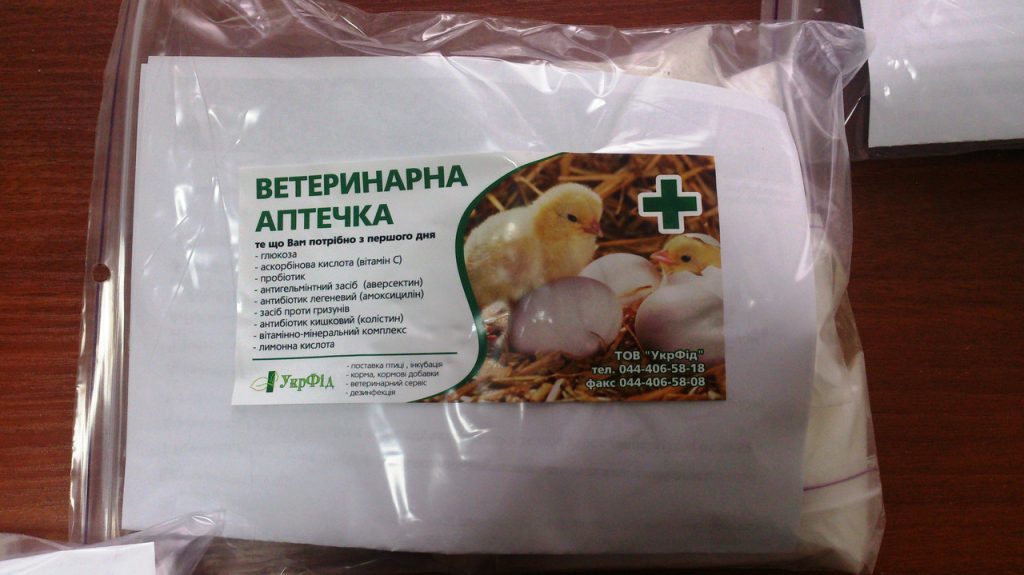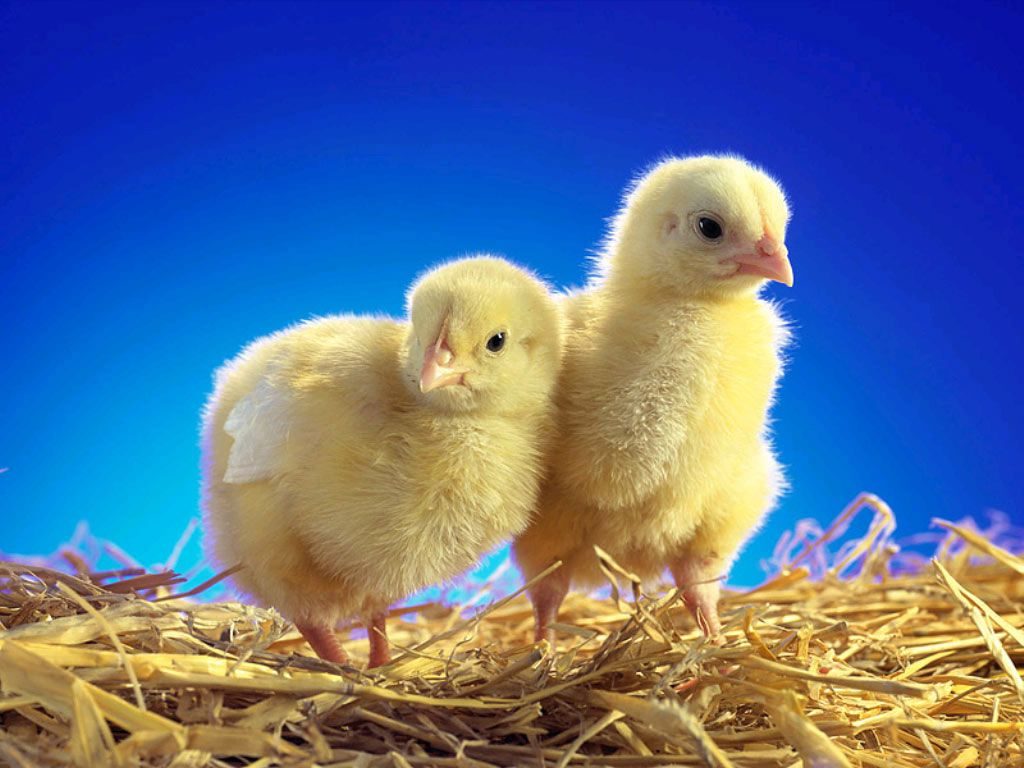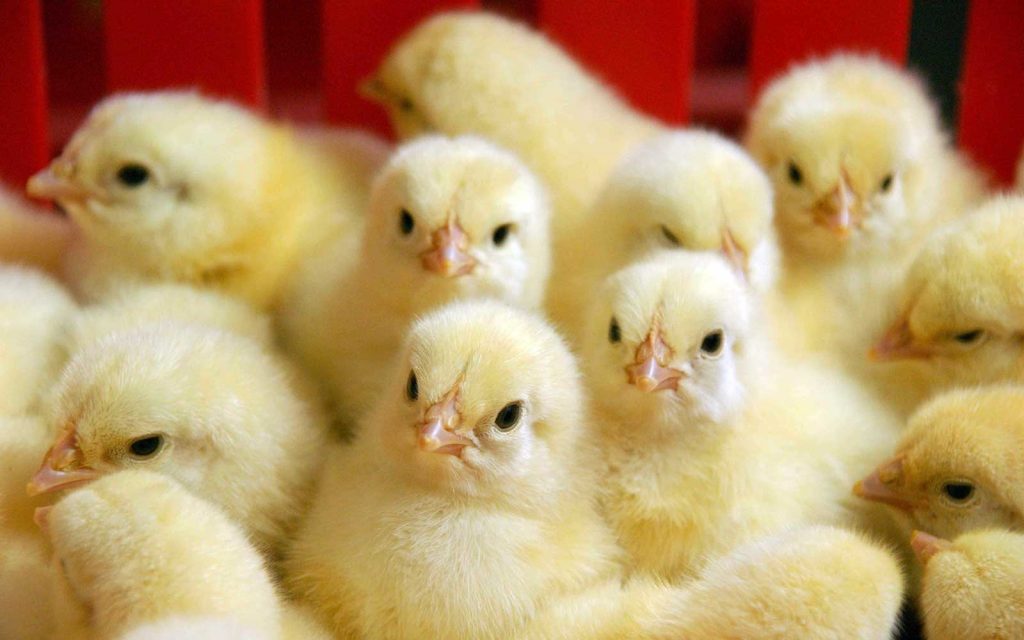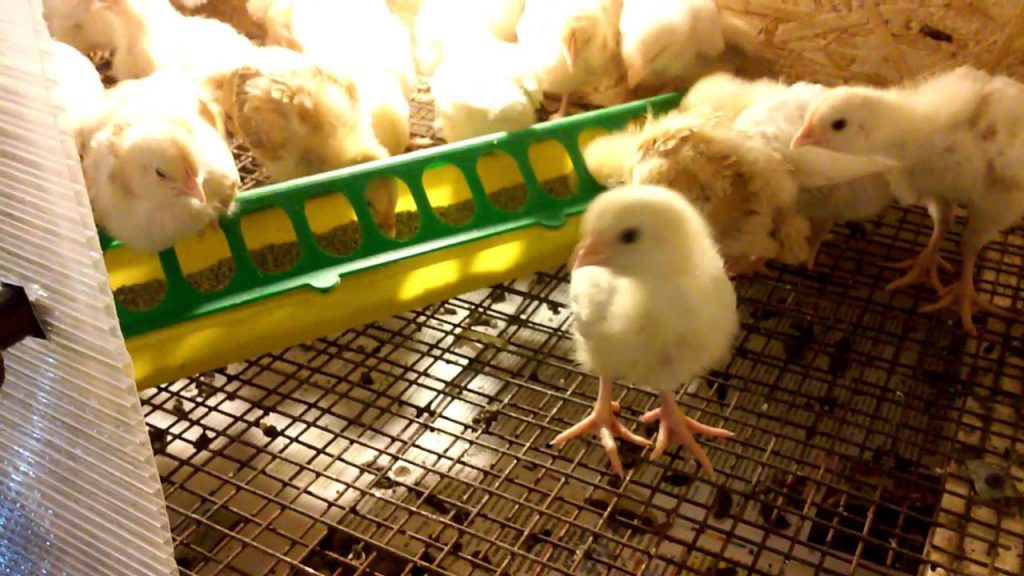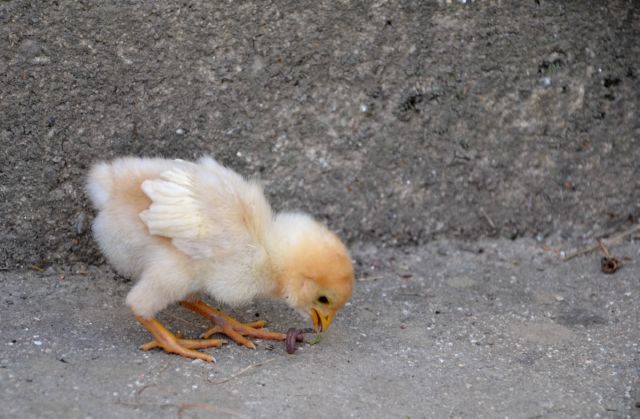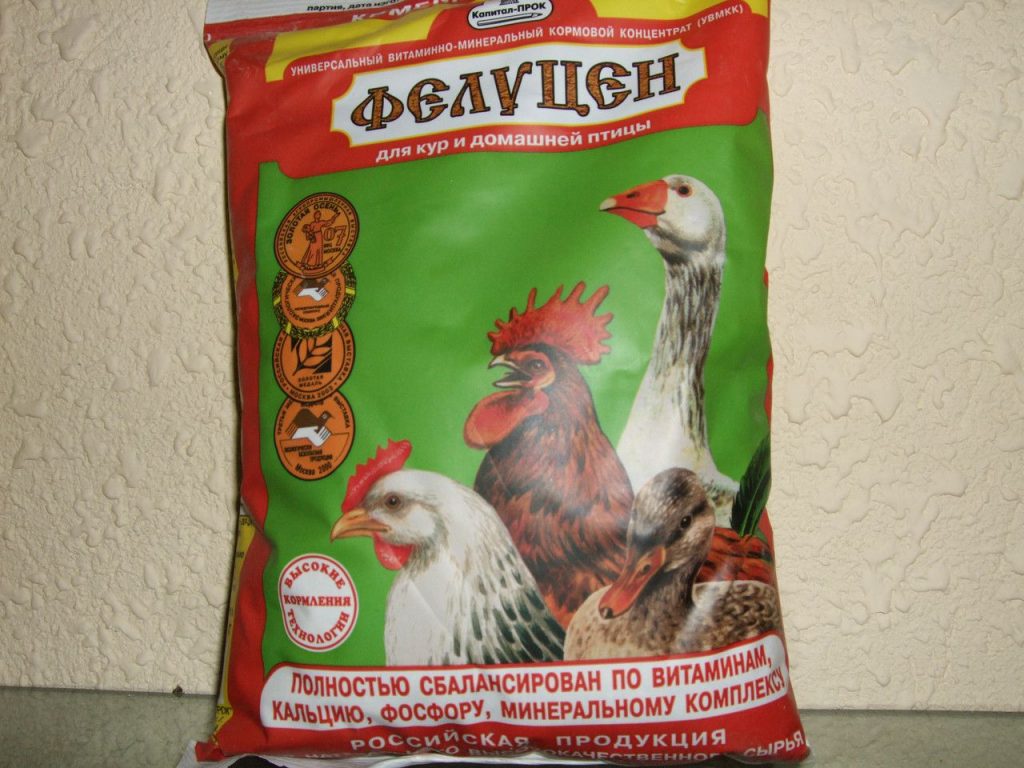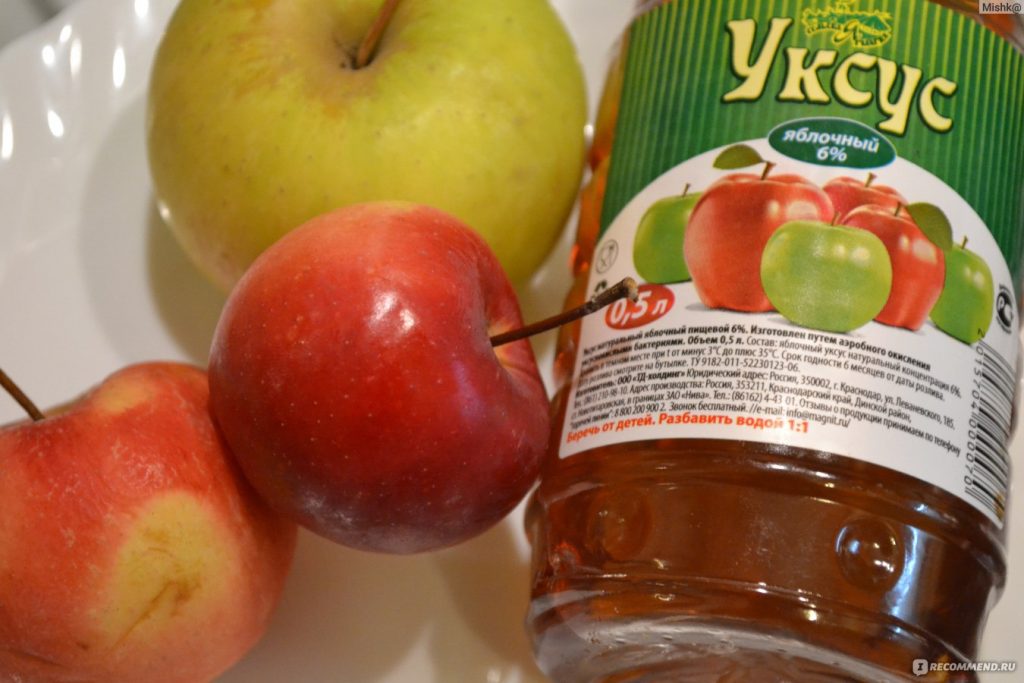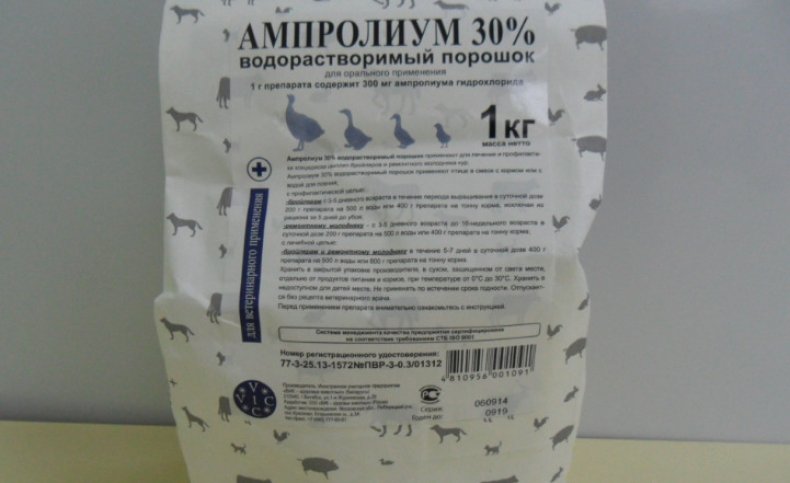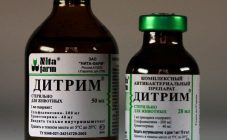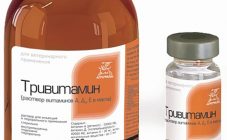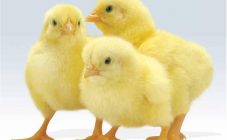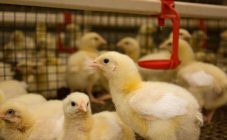Content:
The first aid kit for chickens is important for the care of growing birds, since they are usually more susceptible to various bacterial and viral diseases in comparison with older relatives. The causes of ailments can be incorrect conditions of detention, for example, untimely cleaning of the premises, as well as insufficient fortified food.
About the veterinary first aid kit for broilers and chickens
The first-aid kit can be formed independently, because any owner knows what problems can overtake his birds or what diseases they have already had.
Each first-aid kit is strictly individual, but there is a certain basis, drugs that should be absolutely in each:
- vitamins that help maintain immunity;
- syringes;
- pipettes;
- glucose solution at a concentration of 40%, which promotes full growth;
- antibiotics to combat emergency foci of inflammation;
- probiotics that help treat diseases of the gastrointestinal tract;
- stimulants that greatly accelerate growth.
Is it possible to water chickens with potassium permanganate
The practice of using potassium permanganate solution for chicks is popular among most livestock breeders. They explain this by the fact that the agent has a good antiseptic and antimicrobial effect. These data are quite reliable, but it is better not to do this, especially from the first days of the birds' life. The dosage is very difficult to guess, it must be calculated up to a milligram, otherwise you can harm the immature body of the chick. The dose should be extremely small in order to provoke positive changes, which include:
- improved digestibility;
- improved absorption of nutrients from feed;
- good antimicrobial protection;
- neutralization of harmful toxic substances.
White manganese for broiler chickens
White manganese is quite useful for broilers, because it perfectly removes toxins, tidies up muscle tissues, and also helps to stabilize metabolism. In addition, it significantly improves the quality of blood, because the agent activates the production of red blood cells. All this leads to an increase in the productivity of the bird, which is an important factor for the breeder.
Instructions for the use of drugs
Poultry farmers distinguish several main groups of drugs that each farmer should have in stock. The instructions are for those drugs that are used most frequently and widely. This list will serve as a guide to creating a first aid kit for chickens and broilers. Dosages of the preparation are indicated in brackets based on the body weight of the bird.
Anthelmintic
The main sources of the disease are parasites, or simply worms.They are very dangerous for animals, since they directly affect the body: the bird loses weight and begins to wither.
The main routes of infection:
- too many birds in a very small area of the chicken coop;
- untimely replacement of litter;
- in case of unexpected contact of poultry with wild birds;
- with excessive moisture in the soil or litter;
- a large amount of animal food in the feed;
- eating earthworms or any insects;
- the inattention of the farmer himself, because sometimes only one bird is infected, but as a result of the fact that it has been in contact with others for a long time, an epidemic may begin.
Common symptoms are:
- disorders of the functioning of the gastrointestinal tract;
- severe allergic reactions;
- weight loss;
- lack of appetite;
- a decrease in the number of eggs in laying hens.
This disease must be treated immediately. Now in veterinary medicine there are many ways that will help put one animal on its feet or all at once by adding the drug to water or feed.
A wide range of medicines is offered:
- flubenvet (3 g per 1 kg);
- levamisole 75;
- ivermectin is a broad spectrum drug that helps to get rid of parasites both from the outside and from the inside (4 g per 1 kg);
- tetramisole for chickens (dilute 5 g per 2 kg of weight in water).
How to dilute levamisole 75 in water for chickens? It is customary to give this medicine in its pure form or dilute it in drinking water. In the second case, you will need 1 mg per 250 ml of water.
Antiviral, antibacterial and antibiotics
Often, diseases are caused by several viruses and bacteria at once, which can be defeated only after a course of treatment with strong drugs - antibiotics.
- Viral diseases are diseases or tumors caused by infection. This includes bird flu, as well as herpes.
- Bacterial diseases - plague, diphtheria or cholera. They are caused by pathogenic bacteria or vectors of such diseases.
Antibiotics are capable of:
- improve immunity;
- provide the necessary resistance to bacteria;
- activate metabolic processes;
- increase the weight gain.
In addition, they help to cure pneumonia, tuberculosis, some diseases of the ears and eyes, as well as herpes.
Well-acting drugs from this series:
- fosprenyl;
- gentamicin for broilers. Instructions for use advise using it in the fight against bacterial infections and diseases of any complexity. There are several ways of taking: parenteral, external, as eye drops.
Also, the following drugs should be considered as antibiotics:
- dioxinor (0.5 ml per 1 liter of drink for a course of up to 5 days);
- zinaprim (predominantly in a group way, give 1 g per 1 liter of water for 2-3 days);
- thromexin. For broilers for the prevention of diseases listed above, dilute at the rate of 0.5 g of powder per 1 liter of boiled and pre-chilled water. It is desirable to conduct the course within 5 days.
- veto 1.1 (50 mg per 1 kg of body weight, the course can reach 3 weeks);
- entronit OR (give 0.5 ml per 1 liter of water as a drink);
- Dorin R for chickens (2 mg per 2 ml of saline, inject intramuscularly);
- oxytetracycline (intramuscularly 30 mg per 1 kg of body weight);
- lozeval (aerosol spraying of 1 ml per 1 m³ of the room);
- pharmacin (25 mg per day per 1 kg of body weight);
- methylene blue, but it is more like an antiseptic (used in concentrations of 1-3% in aqueous solutions);
- coliflox (0.5 ml per 1 liter of water, give as a drink);
- enromag (5 ml per 10 l, give as a drink).
But it should be understood that antibiotics often have unpleasant consequences. This includes problems with the gastrointestinal tract, as well as diseases of the liver and, as a result, blood.
To combat parasites on the skin (fleas, lice), skin diseases
There are 2 classes of parasites:
- external ones, which include those that exist on the surface layers of the skin: fleas, lice, bedbugs, ticks, downy hair beetles;
- internal, which destroy the body from the inside - worms (flat, tape or round).
The destruction of parasites must be dealt with immediately, because they can be carriers of dangerous diseases that can kill all livestock.
Signs of such can be:
- bird nervousness;
- frequent manifestations of scratching.
The following drugs are used as treatment:
- Promectin for chickens. The instruction warns that immediately before use, the medicine is diluted with water. The maximum allowable dose at one time is 1 ml. Preferably add to drinking water. It is worth giving the drug in the morning, after which do not water the bird for 2 hours.
- Butox 50 (also suitable for disinfection of a chicken coop). The drug is used for spraying chickens. To do this, take 100 ml of the product per 100 liters of water. Each feather is processed.
- Creolin (prepare a bath: 0.1 l of solution per 50 l of water).
- Neostomosan (treatment with an aqueous solution: 1 liter of solution per 100 liters of water).
- Turocox (7 mg per 1 kg of body weight, give as a drink).
- Poliodoxin (0.5 ml per liter of water, give as a drink).
- Solikox (veterinary use is based on dissolving 1 liter of the finished product in 10 liters of water). Spray the birds with the resulting substance.
Preparations for maintaining immunity
The strong immunity of chickens helps them fight various ailments on their own. But in order for it to properly perform its functions, it should be supported with fortifying drugs. The same applies to vitamins, because it is they who are most involved in metabolism, as well as in the synthesis of most useful and irreplaceable substances.
To strengthen the immune system and replenish missing vitamins, premixes can be given to chickens. This is important if the breeder wants quality meat after slaughter. Most Popular:
- Felucene. The instructions for use for chickens say that the drug can be given in any form (dry, soaked). Available in the form of ready-to-consume briquettes.
- Tricalcium phosphate feed (mix up to 100 g into feed).
- La Sota. In the instructions for chickens, the following dosage is: 2 drops of solution per 1 kg of weight. This remedy is not a medicine, in fact it is a vaccine. You need to vaccinate once.
- Enronit (for the prevention of intestinal chicken diseases, dilute 0.5 g per 1 liter of water, give 3-5 days as a drink).
- The premix of BMVD for broilers (mixtures of biologically active substances) is used in a proportion of 10 kg per 1 ton of feed.
- Rex Vital. The use is aimed at enhancing broiler growth. For this, the drug is added to the drink at 1 ml per individual daily for 5 days.
- E-Selenium (2 ml per 1 liter of water to give orally).
- Gamavit should be included in every first aid kit as it is rich in amino acids. Give 0.5 ml per 1 kg of mass 2 times a week for a month.
- Sedimin (10 ml per head).
- Krepkovit (3 g per day for 1 individual).
- Nitamin (2 ml per 1 L of water, give as a drink).
- Ganasupervit (0.5 g per 1 liter of drinking water).
- Eleovit (1 ml per head per day).
- Premix sun (0.7-6 g per day, depending on age).
Lactic acid for broiler chickens
The use of lactic acid affects the body of chickens as follows:
- increases the strength of the shell;
- stimulates egg production;
- improves metabolism;
- helps to reduce bowel disease.
As a rule, a solution is used at a concentration of 40% in doses equal to 0.5 ml per 1 kg of body weight.
Apple cider vinegar for laying hens
It is given to birds to strengthen and maintain immunity, especially in laying hens. Apple cider vinegar will preserve their egg production and increase the quality of the product. In addition, the drug will become a high-quality prevention of the appearance of worms.
Tips and tricks from experienced poultry farmers
In conclusion, a few important tips that should be taken into account in order to avoid various diseases in chickens:
- chick cages should be kept in a warm and well-lit place;
- it is worth installing additional heat sources, for example, lamps;
- it is recommended to carefully and carefully choose feed for chickens;
- it is important to exclude the abundance of live animal food, because thermally unprocessed food contains a large number of parasites that are dangerous to the body of young animals;
- you need to make sure that the drinkers with water are always full;
- it is worth regularly changing the water and using special means to cleanse it, because it is she who is often the direct route of infection with worms;
- you need to carry out regular preventive measures to maintain immunity and the balance of vitamins;
- it is important to ensure proper disinfection of the chicken coop to avoid the appearance of parasites and skin diseases.
Thus, the chick first aid kit plays an important role in pet care. After all, it is so important to notice and prevent the development of diseases in time that can cause the death of one individual or the entire livestock, which will clearly hit the breeder's pocket.
